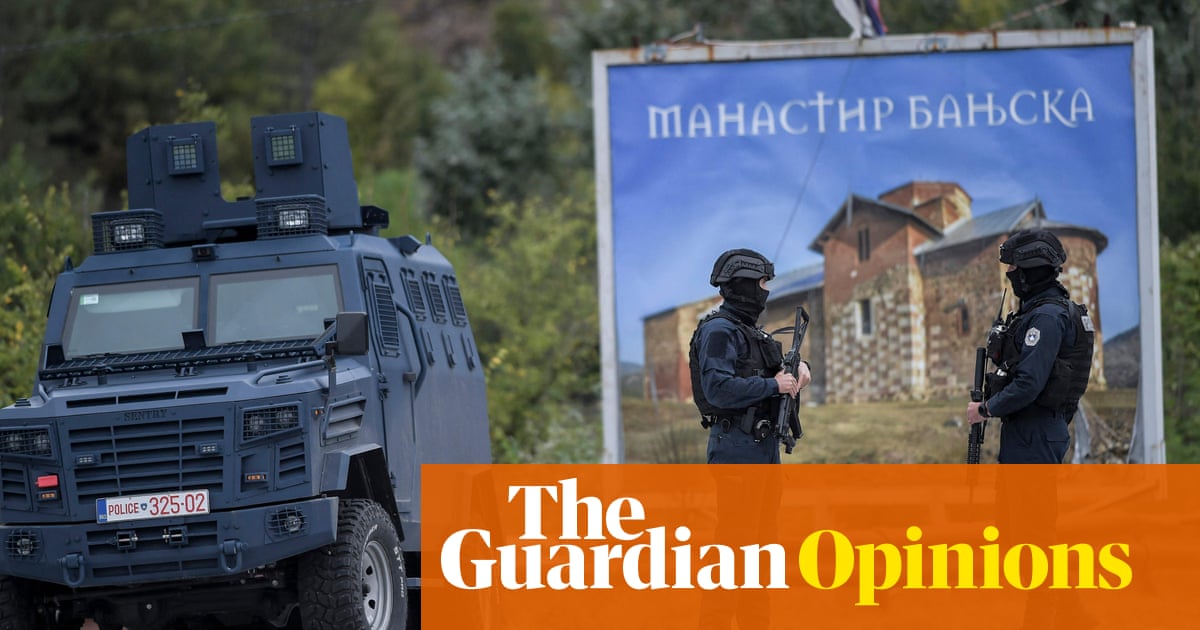
One of the highlights of my calendar is time spent at my home in the English countryside and in various other European countries. During my travels, I have always recharged my energy levels ready to take on every challenge life throws my way. But this year will be different.
In truth, I am deeply worried by the downhill slope much of Europe, the UK and the US appear to be on in just about every respect. Numerous Europeans I have met recently were either fearful of what tomorrow may bring or angry at the restrictions placed upon them that have so far delivered few rewards.
Reports on British, European and US television networks often instill terror into viewers’ hearts with endless mixed messages. Today, despite the start of large vaccination campaigns across several countries, these broadcasters continue to spread panic due to the appearance of new variants of the coronavirus disease (COVID-19).
People are tired of their land borders, airports and ports being closed for business and tourism. Airlines have laid off tens of thousands of staff and several of them will surely go under. The hospitality industry is also in dire straits.
Our world is an interconnected global village. Reducing countries to fortresses is the road to ruin. Open borders will save economies from collapse due to mass unemployment and will facilitate business and trade. The only requirements are that travelers must abide by safety rules and are able to show a recent virus-free certificate — hardly rocket science.
People are also sick of enforced quarantines, such as those now being imposed on Britons returning home with just days’ notice. Panicked holidaymakers have had to embark on a last-minute scramble to get home before the deadline. Europeans can travel to many countries without the need to self-isolate on their return, but because the official travel advice changes almost daily and flight cancellations are common, they are hesitant to book flights and hotels. It is time for governments to step up and move the travel industry out of intensive care.
As dreadful as COVID-19 is, continuous lockdowns — by nations such as the UK and other European states that reacted late to the threat, allowing the virus to get a grip — are just as damaging, and in my opinion even more so. The World Health Organization (WHO) believes that this plague will be with us for at least two more years, and so many countries are struggling to manage the second wave.
We can only imagine the horrendous effect shutting down the economy, while cutting off people from their family members, friends and support systems, will have, especially on young people whose education has been halted, along with the social interactions and sporting opportunities they crave.
Depression, anxiety, substance abuse and suicides are increasing. The UK Office for National Statistics reported last year that one in every five people was considered to be on the threshold of depression — twice as many as 12 months earlier. Qualtrics echoed this by finding that 44.4 percent of newly remote workers surveyed in Australia, France, Germany, New Zealand, Singapore, the UK and the US said their mental health had declined since the outbreak of the pandemic.
Once the funds dedicated to stimulus packages to support small businesses and the jobless run dry, many hundreds of millions could find themselves unemployed, and potentially without any source of income. At the global level, some 2.5 billion people face unemployment if economies continue to be deliberately suffocated.
When the table is bare, desperate individuals turn to theft, kidnapping, the trafficking of women and children, or the trade in human organs to survive. The mismanagement and politicization of this plague will cause more distress than the disease itself. I call this nothing short of death by a thousand cuts.
According to Britain’s Food Standards Agency, millions are going hungry or are relying on food banks for basic sustenance. This is surreal in a nation that boasts of its status as the fifth-largest economy in the world. Food banks in the world’s wealthiest nation, the US, are seeing unprecedentedly long lines and will eventually resort to rationing. Worse, hand-in-hand with hunger goes mass homelessness.
There have been protests in many countries worldwide over coronavirus restrictions and lockdowns, including France, Hungary, Italy, Ireland, Poland and Russia. People’s patience is running out.
Both the UK and US governments have placed temporary bans on evictions, but tenants live in fear that, once those bans are lifted, they will be unable to pay their mounting arrears and will find themselves on the street. Parents with young children say they are experiencing feelings of dread.
With a death toll of more than 105,000 and a caseload in excess of 3.8 million caused by arguably the most vicious virus ever known to mankind, the UK government has little to boast about. Confusing, half-hearted lockdowns imposed late in the day and rarely enforced social distancing rules have not only permitted the virus to run riot, but have also decimated the economy.
Yes, there is hardly a country that has succeeded in escaping the virus, but it seems that the citizens of the developed world are suffering more than most, possibly because many of those living in Western democracies refuse to comply with sensible social distancing rules, while decrying the wearing of face masks as an assault on their personal freedom.
We must all abide by the well-known precautions and those who selfishly choose to ignore them should incur harsh penalties. Several countries in my part of the world, even some of the poorest, have succeeded in balancing health requirements with economic realities. Cooperation between governments and citizens is key to keeping economies running.
The WHO tells us that, for the time being, we have to live with the virus, which means adapting to the circumstance head-on, not shutting ourselves away in the gloom wondering where the next meal is coming from. It is up to all of us to take heed of the science and do whatever we can to keep ourselves healthy.
The mismanagement and politicization of this plague will cause more distress than the disease itself.
Khalaf Ahmad Al-Habtoor
If “first-world” nations continue with their damaging policies, the results will be as grave as the aftermath of the Second World War. At this rate, within six months, some of these advanced nations will be fighting to avoid bankruptcy, not to mention widespread civil unrest. They need to come up with a set-in-stone plan and have the determination to enforce it.
If China, which began as COVID-19’s center and is responsible for a population exceeding 1.4 billion, has been able to combat the virus and keep its economy on an even keel in spite of being the most populous nation on Earth, then why are Western democracies lagging so far behind? That is a question that will surely occupy the minds of historians and social scientists for many, many years to come.
Khalaf Ahmad Al-Habtoor is a prominent UAE businessman and public figure. He is renowned for his views on international political affairs, his philanthropic activity and his efforts to promote peace. He has long acted as an unofficial ambassador for his country abroad.
Disclaimer: Views expressed by writers in this section are their own and do not necessarily reflect Arab News" point-of-view











